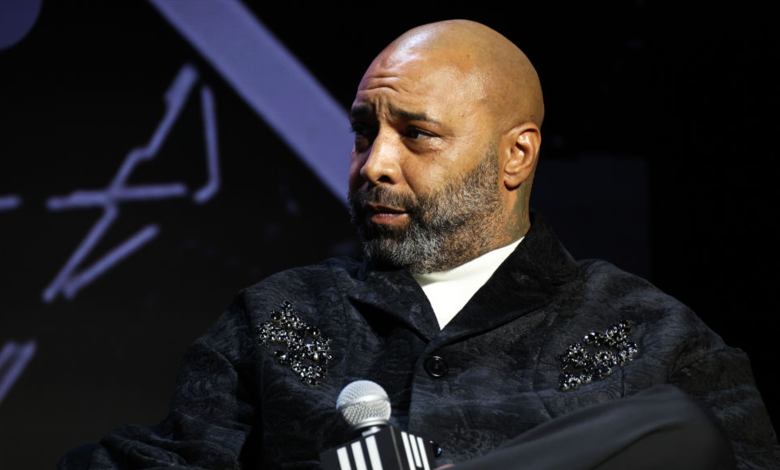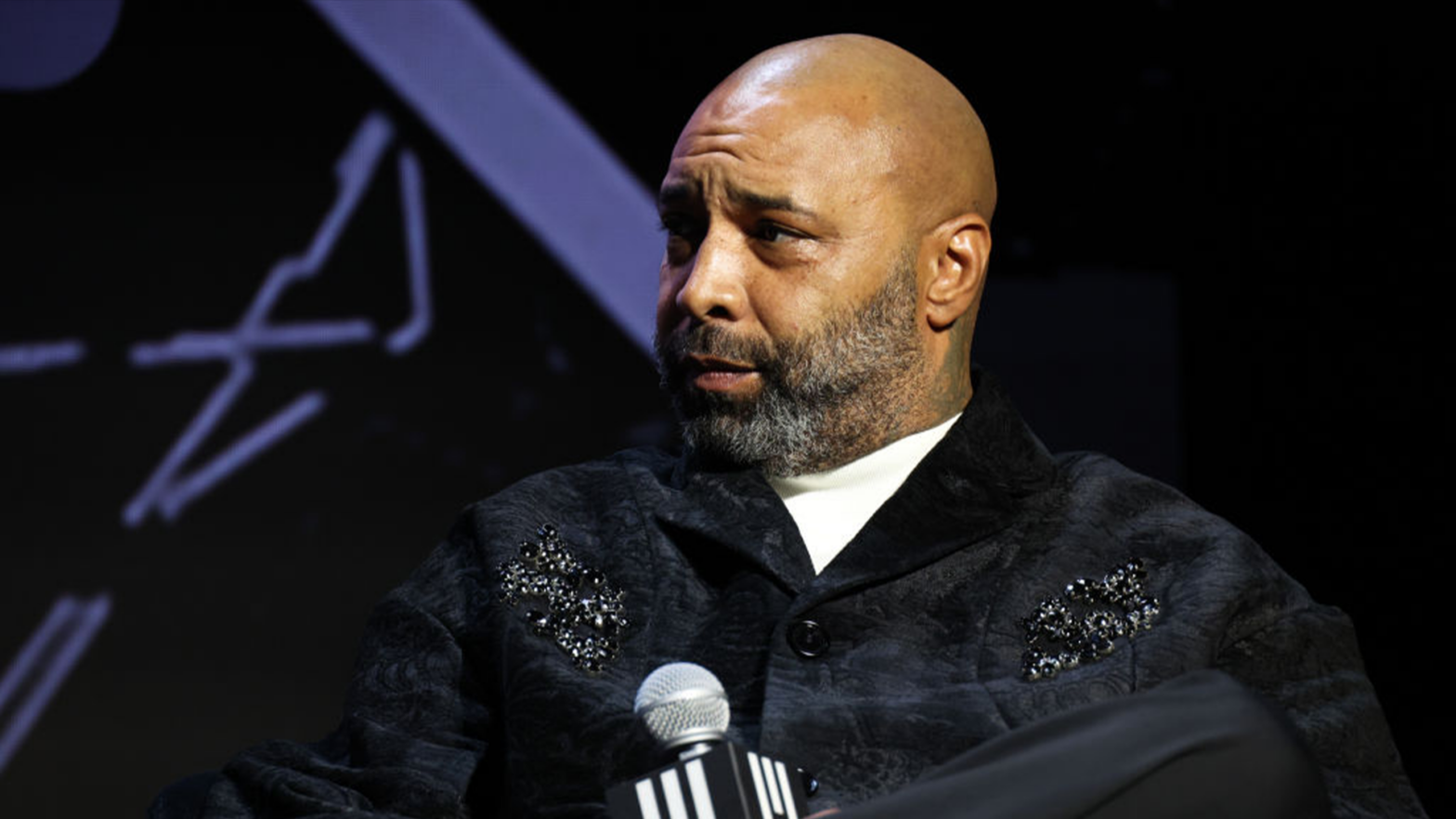Joe Budden’s Podcast Network Is Projected To Earn More Than $20M In 2025


Joe Budden might have gone from chart-topping rapper to podcast host, but today, he’s building a business on his own terms.
The 44-year-old podcaster recently gave The New York Times a rare look into the numbers behind his booming podcast network. According to Ian Schwartzman, CEO of the Joe Budden Network, the company is projected to generate more than $20 million in 2025, the outlet reports.
When A Flex Turns Into A Teachable Moment
In June, Budden posted a screenshot on Instagram showing his Patreon traffic — Patreon being the fan-funded platform where his most loyal supporters subscribe for exclusive content.
As AFROTECH™ previously reported, the image accidentally revealed he made just over $900,000 in earnings that month, sparking headlines and internet buzz. The image showed more than 30 million visits in 30 days, per The New York Times.
Budden confirmed to The New York Times that his podcast network brings in an average of $1.04 million per month through Patreon alone, based on this year’s activity. With over 70,000 paid subscribers, paying anywhere from $5 to $50 per month, his 2025 subscription revenue is expected to top $12 million, the outlet states.
That would make Budden the top earner on Patreon, according to a spokesperson for the platform.
How Joe Budden’s Podcast Thrives Independently — And Still Earns Millions
Unlike most top podcasters, Budden’s network doesn’t share revenue with big networks like SiriusXM, iHeart, or Wondery, reports The New York Times. Instead, his team handles its own advertising, keeping the revenue in-house. They cap the number of sponsors to avoid oversaturating listeners and to maintain authenticity.
According to the outlet, advertising brings in several million dollars per year, on top of what the company earns on Patreon. The Joe Budden Network also earns money from YouTube ad revenue (Budden was an early adopter of video podcasting), merchandise sales, and content licensing deals.
The Team Behind The Mic
Budden’s network isn’t just him in front of a mic. It supports over 30 independent contractors, from producers and admins to co-hosts, per The New York Times. Just the talent alone, like co-hosts Trevor Robinson (known as Queenzflip), Marc Lamont Hill, Melyssa Ford, Parks Vallely, Antwan Marby (known as Ish), and Lamar Burney (known as Ice), collectively earn more than $1.5 million annually.
And the investment in the business continues to grow. The outlet also reports that The Joe Budden Network is finalizing a $2 million purchase of its podcasting studio, a waterfront condo in Edgewater, NJ.
From Labels To Leverage
Budden’s journey to ownership didn’t happen overnight. In 2017, while hosting a show on Complex, he was making just $500 a week as an allowance, he told The New York Times. An exclusive Spotify deal followed in 2018, reportedly paying under $2 million a year, with no ad revenue share and zero equity. That contract ended in 2020.
Per the outlet, there was one potential contract that followed, which included a $44 million deal. However, it would’ve forced Budden’s network to remove all content from YouTube.
“The bigger the money gets, the more strings that are attached,” Schwartzman told The New York Times. “We wanted someone to acknowledge how valuable we were by showing that they would be comfortable giving us skin in the game.”
Instead, Budden and Schwartzman chose freedom over funding. In 2021, they joined Patreon, as AFROTECH™ previously reported, not for a guaranteed check, but for equity and advisory roles in the company.
“Joe is in a league of his own,” Jack Conte, Patreon’s CEO, told The New York Times. “It is not common for people to make a million dollars a month on Patreon.”
The Bigger Message: You Can Do It, Too
In a world where young creators are often told to chase massive network deals, Budden is living proof that you can keep your rights, maintain control, and still win big.
“Creators have more leverage and control than ever before in the history of the arts,” Conte told The New York Times.
Even with competitors circling and platforms like Substack offering $20 million creator funds, the outlet reports, Budden remains committed to independence.




